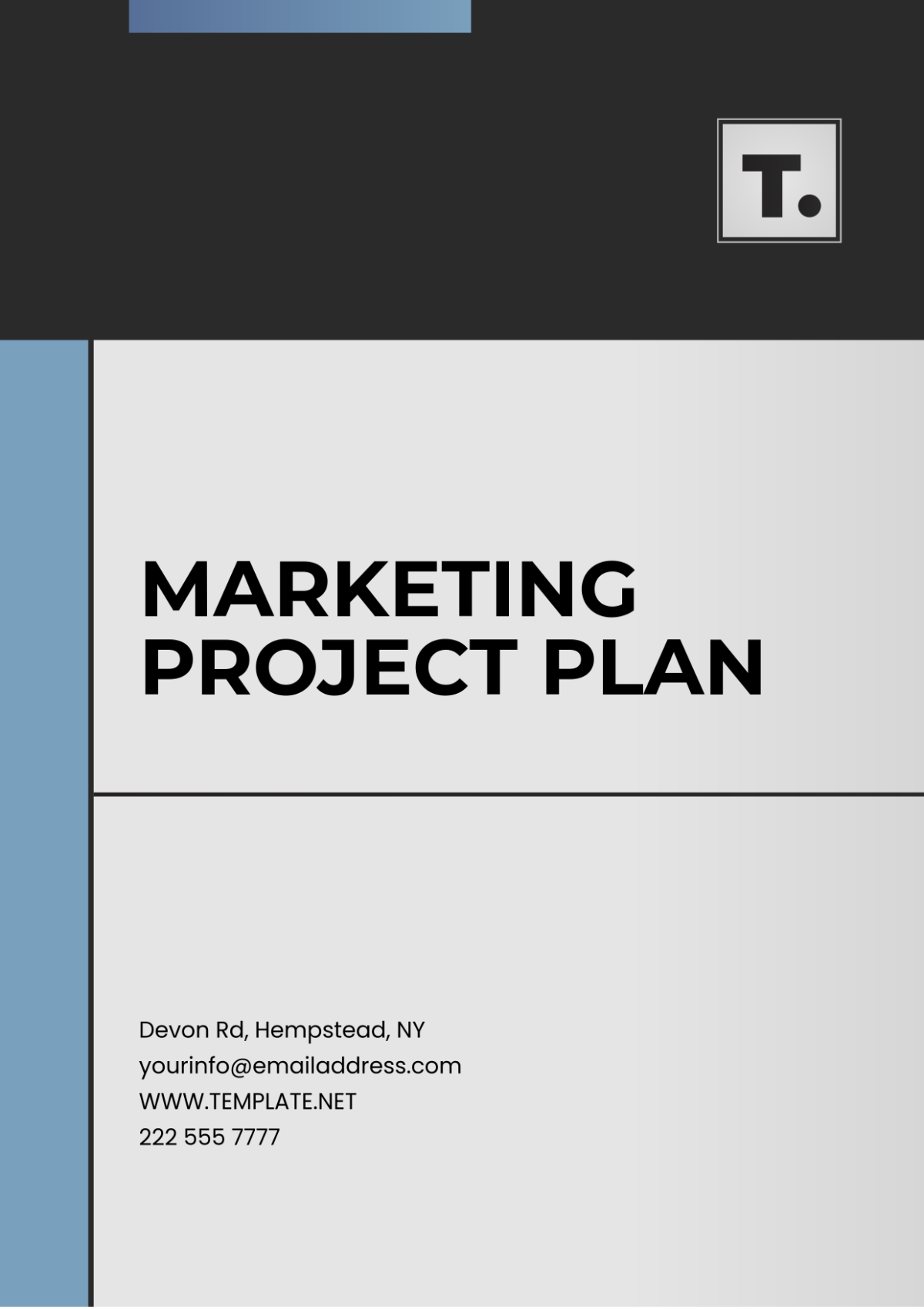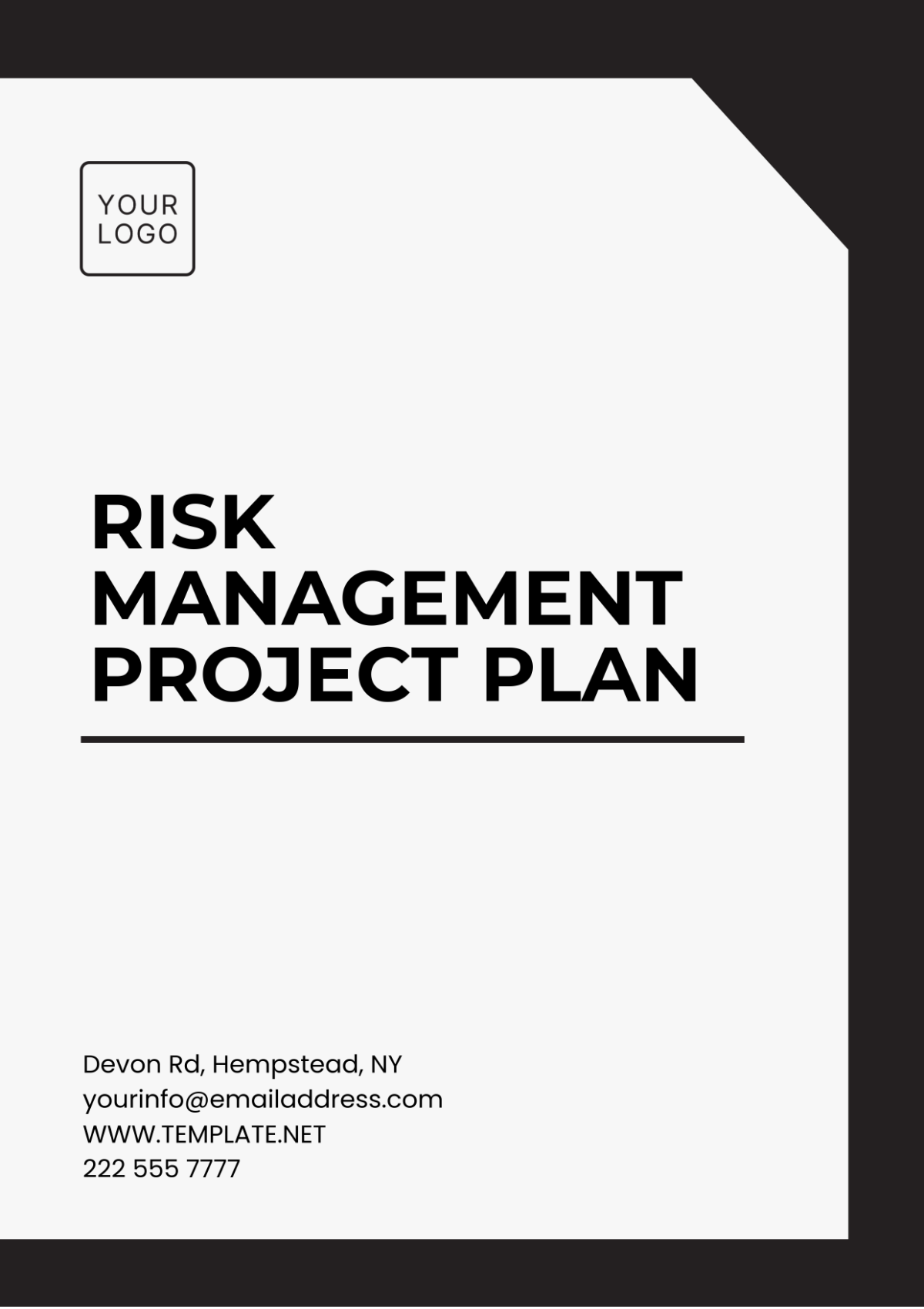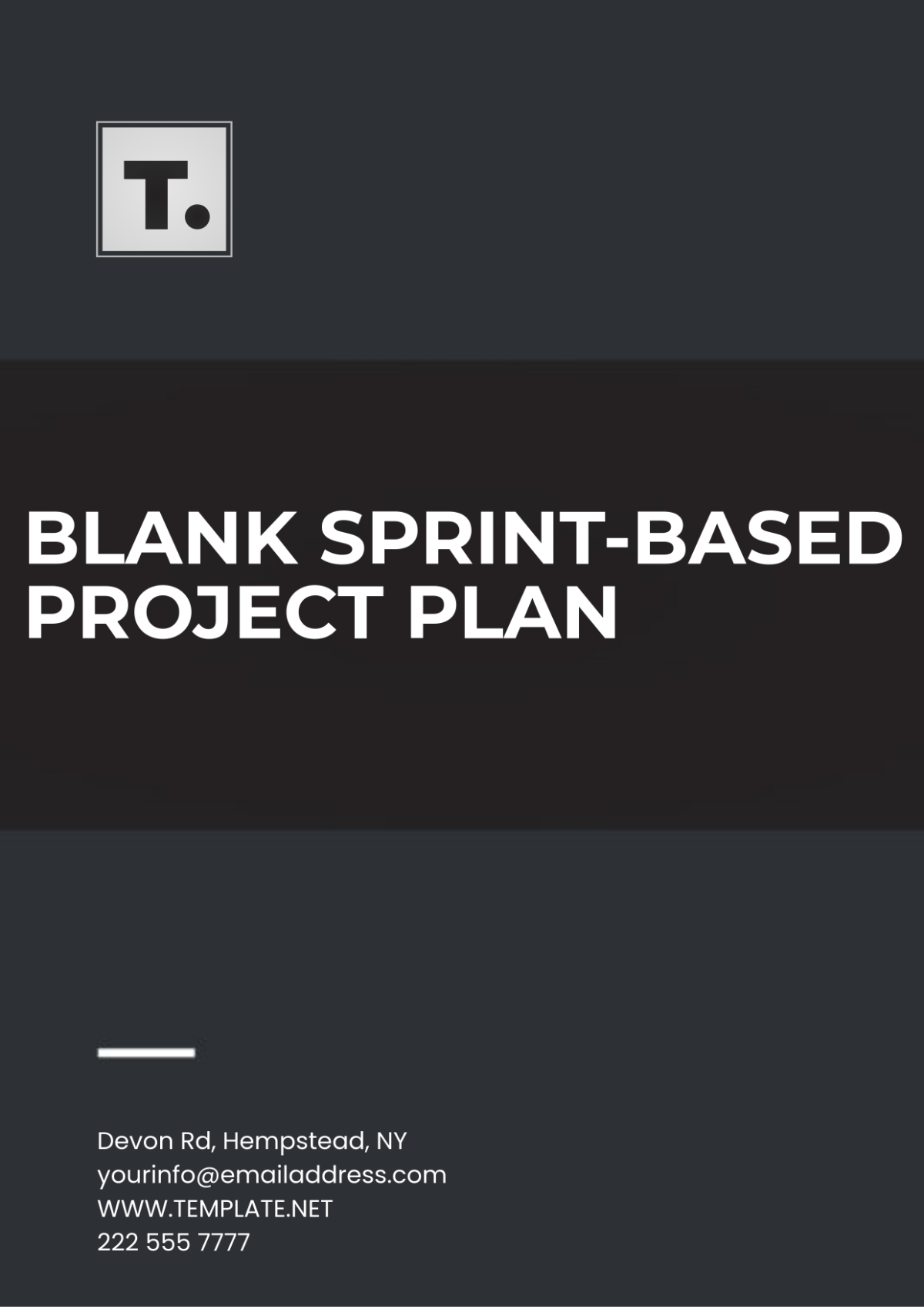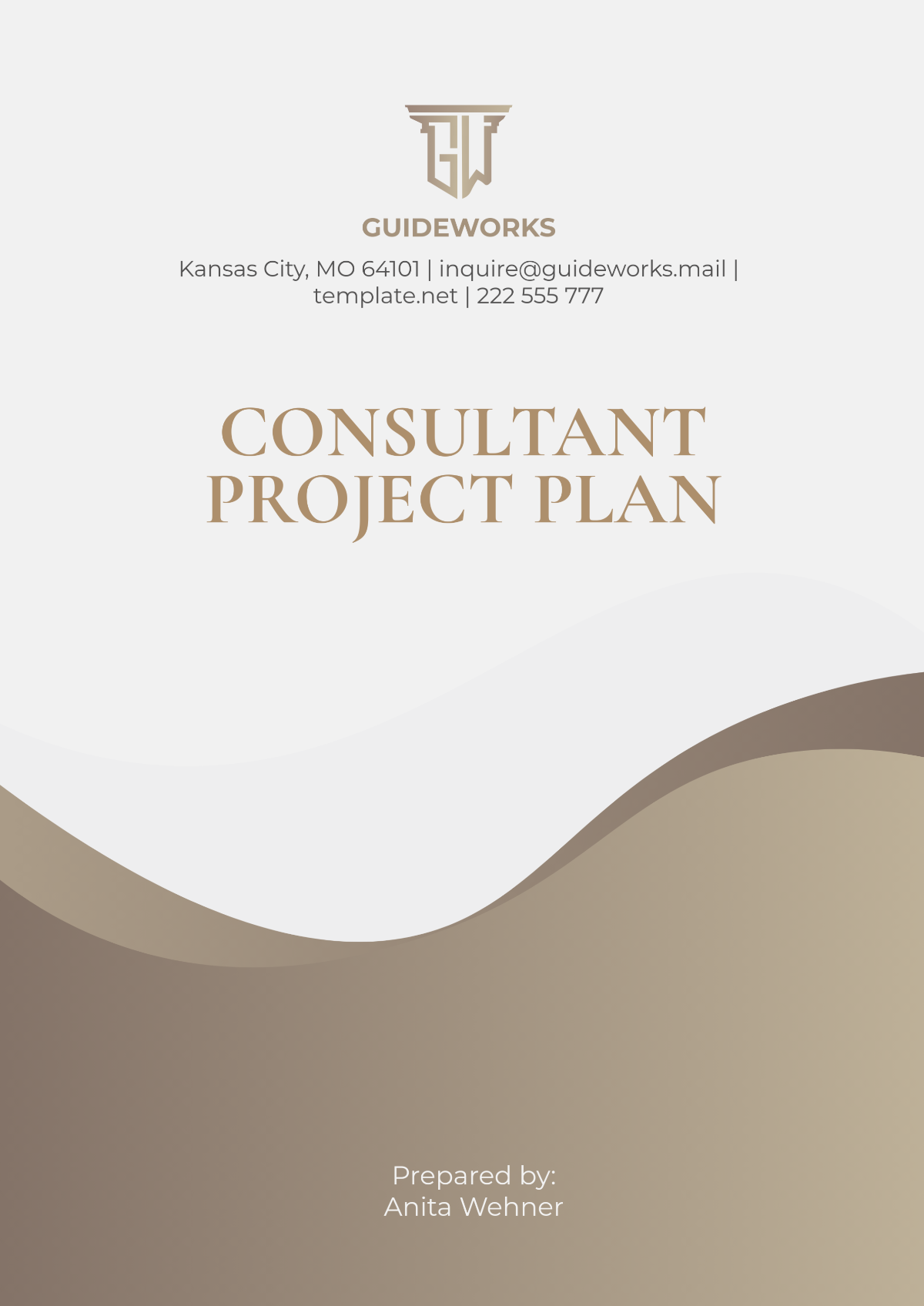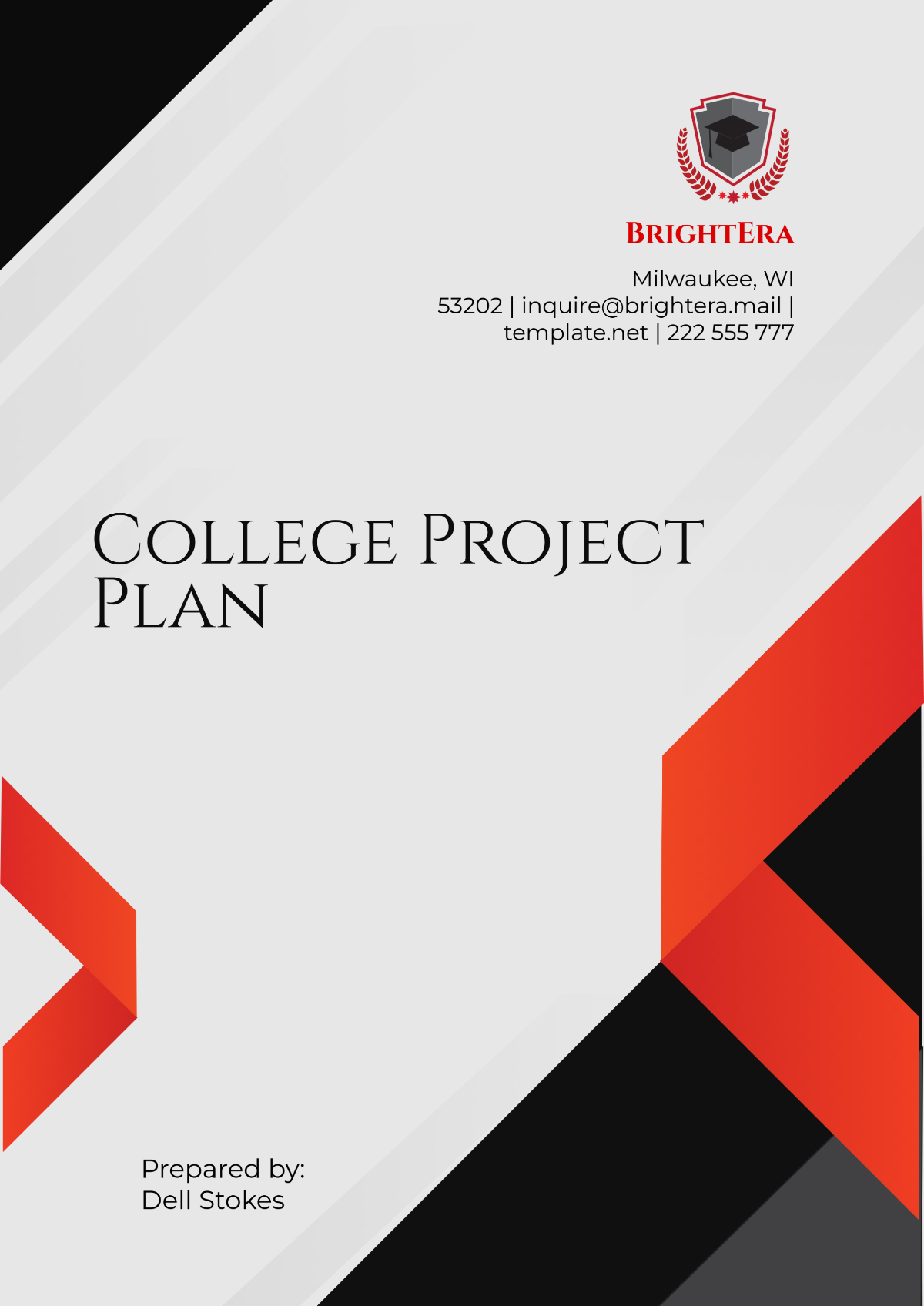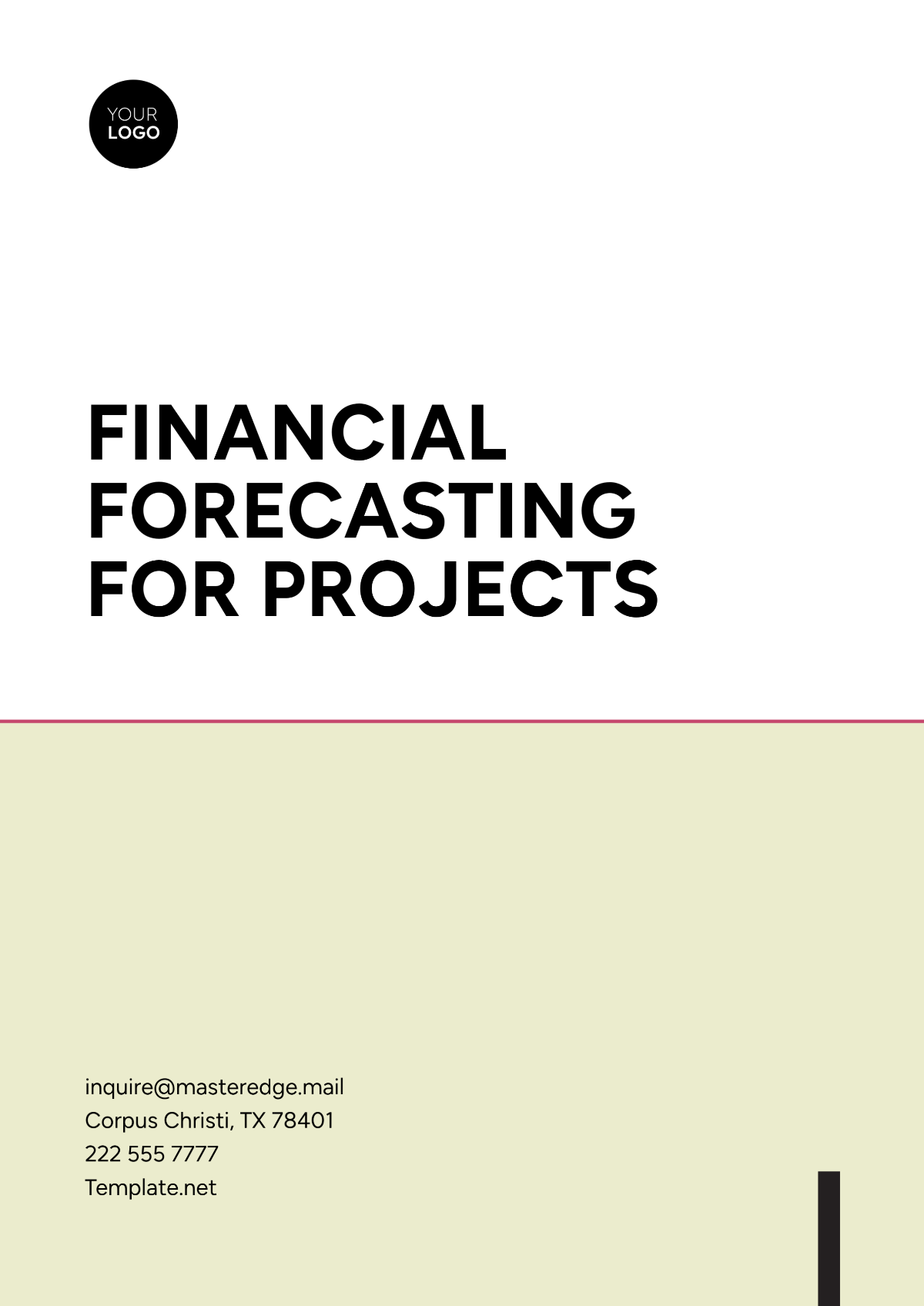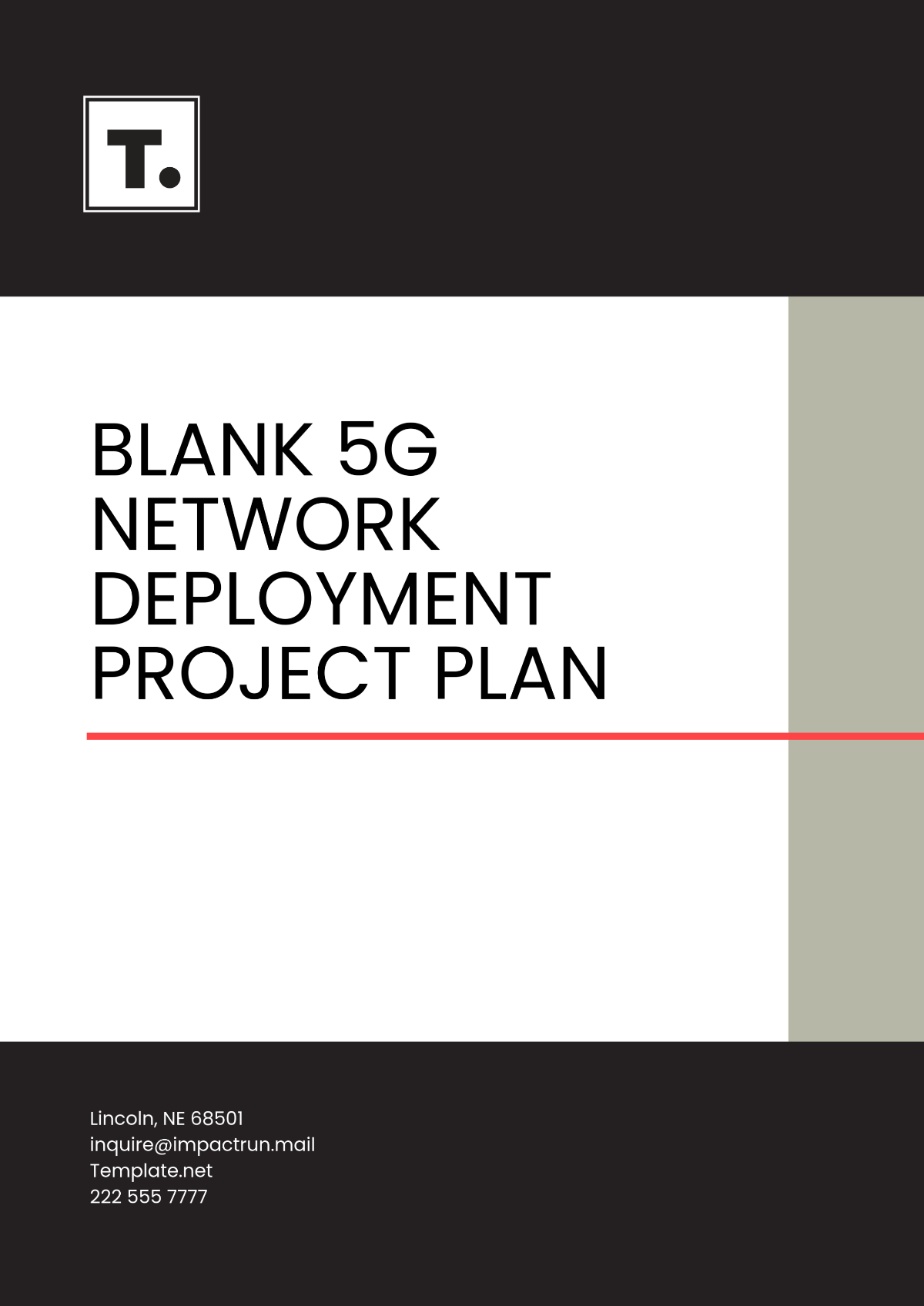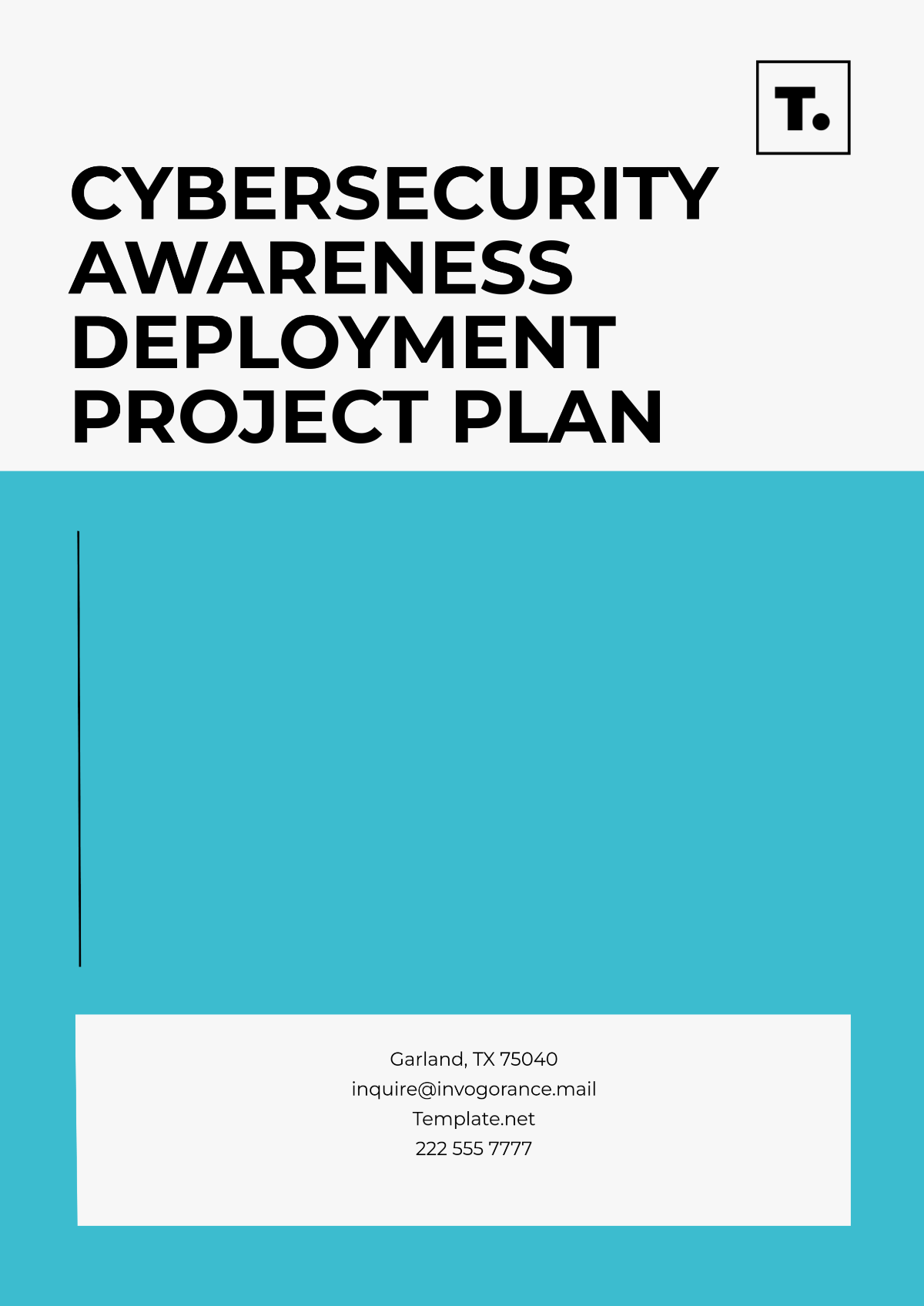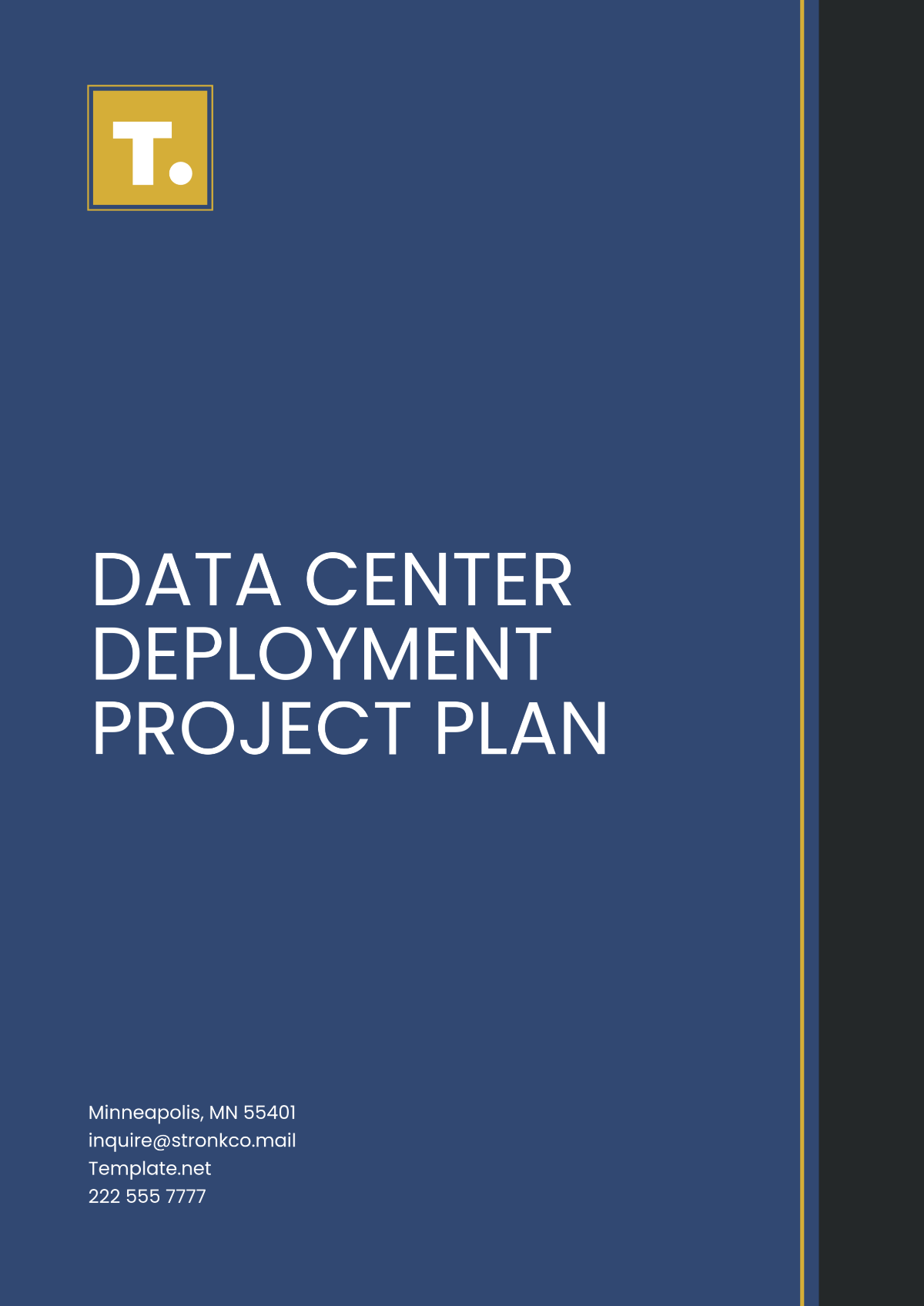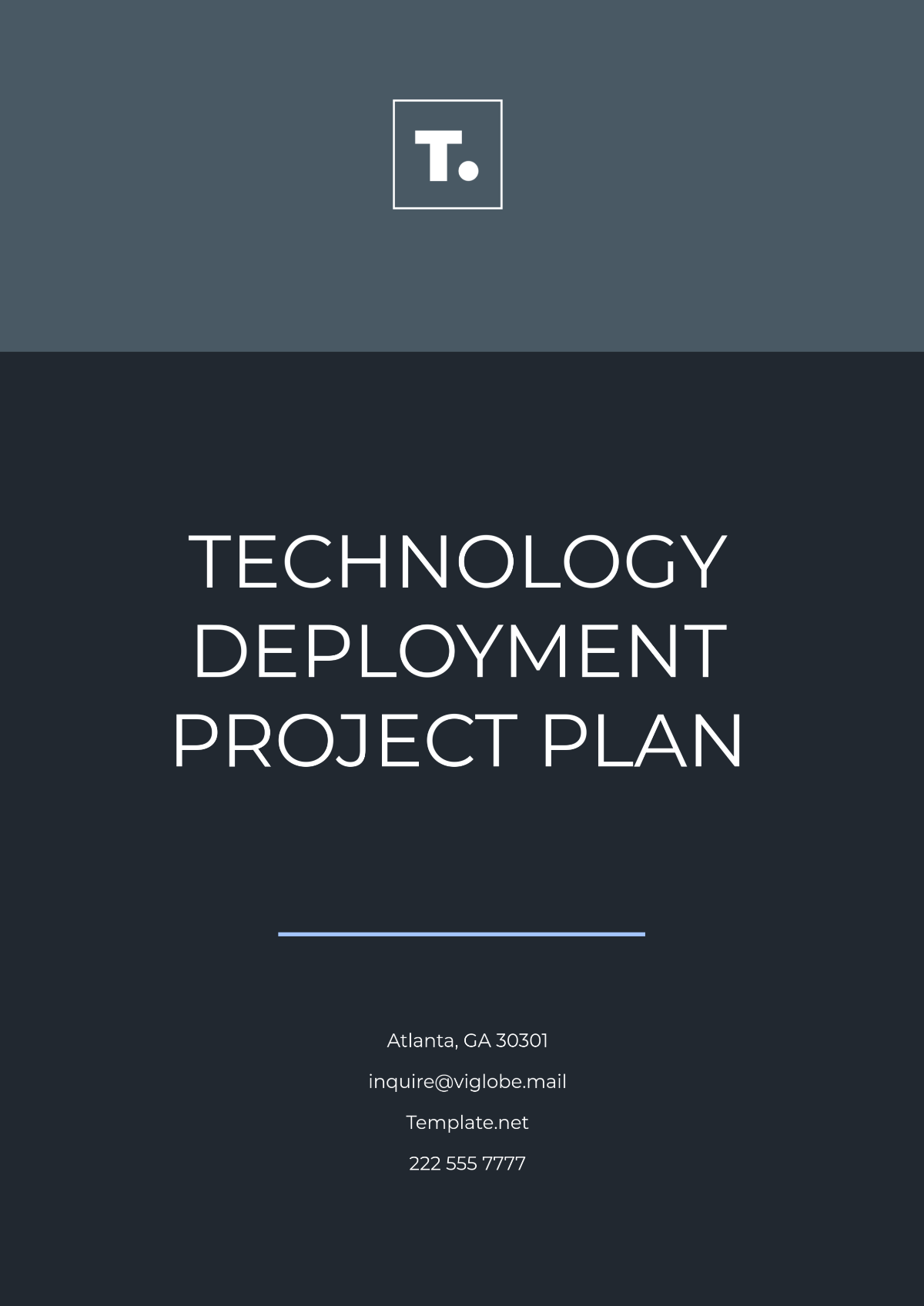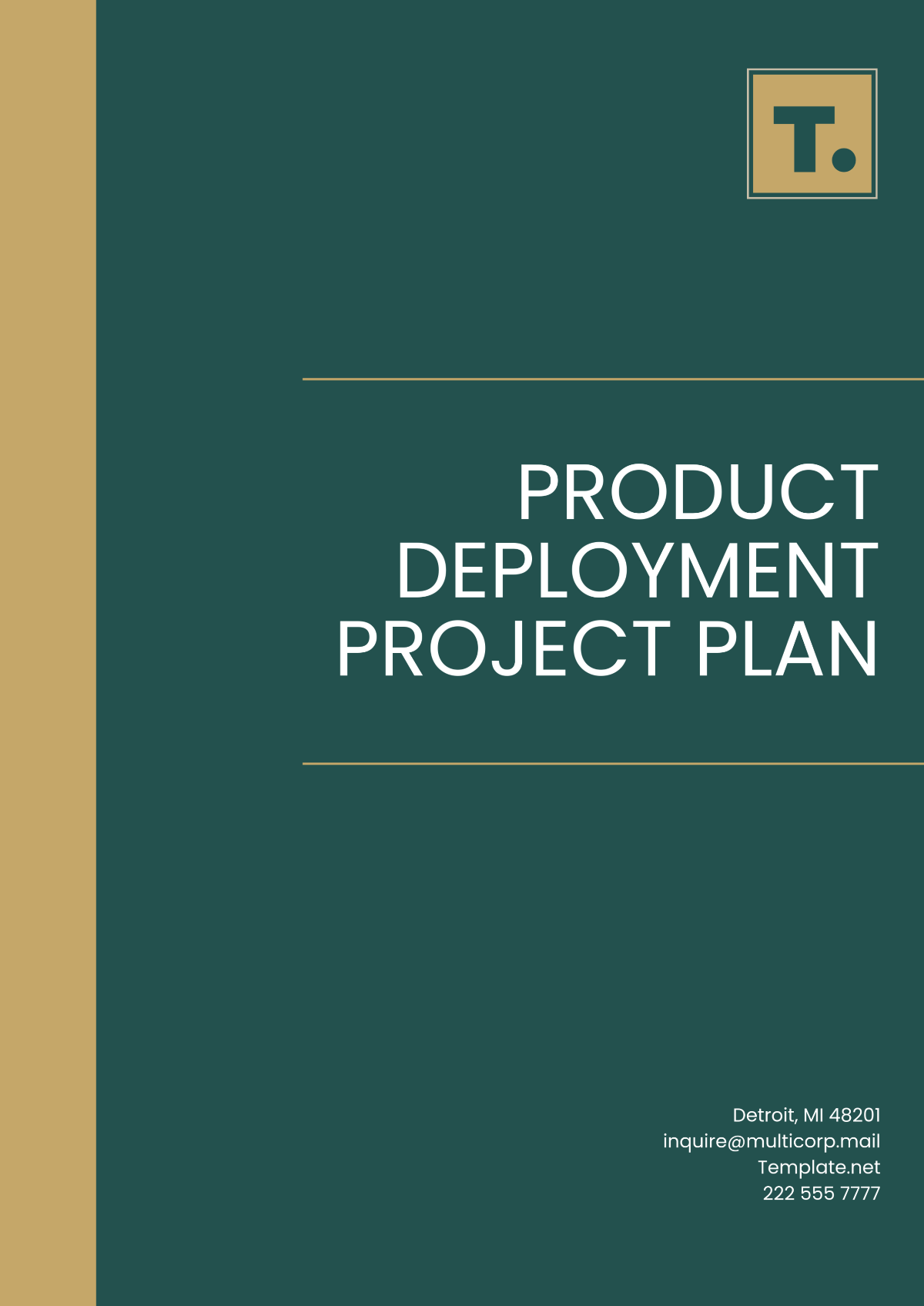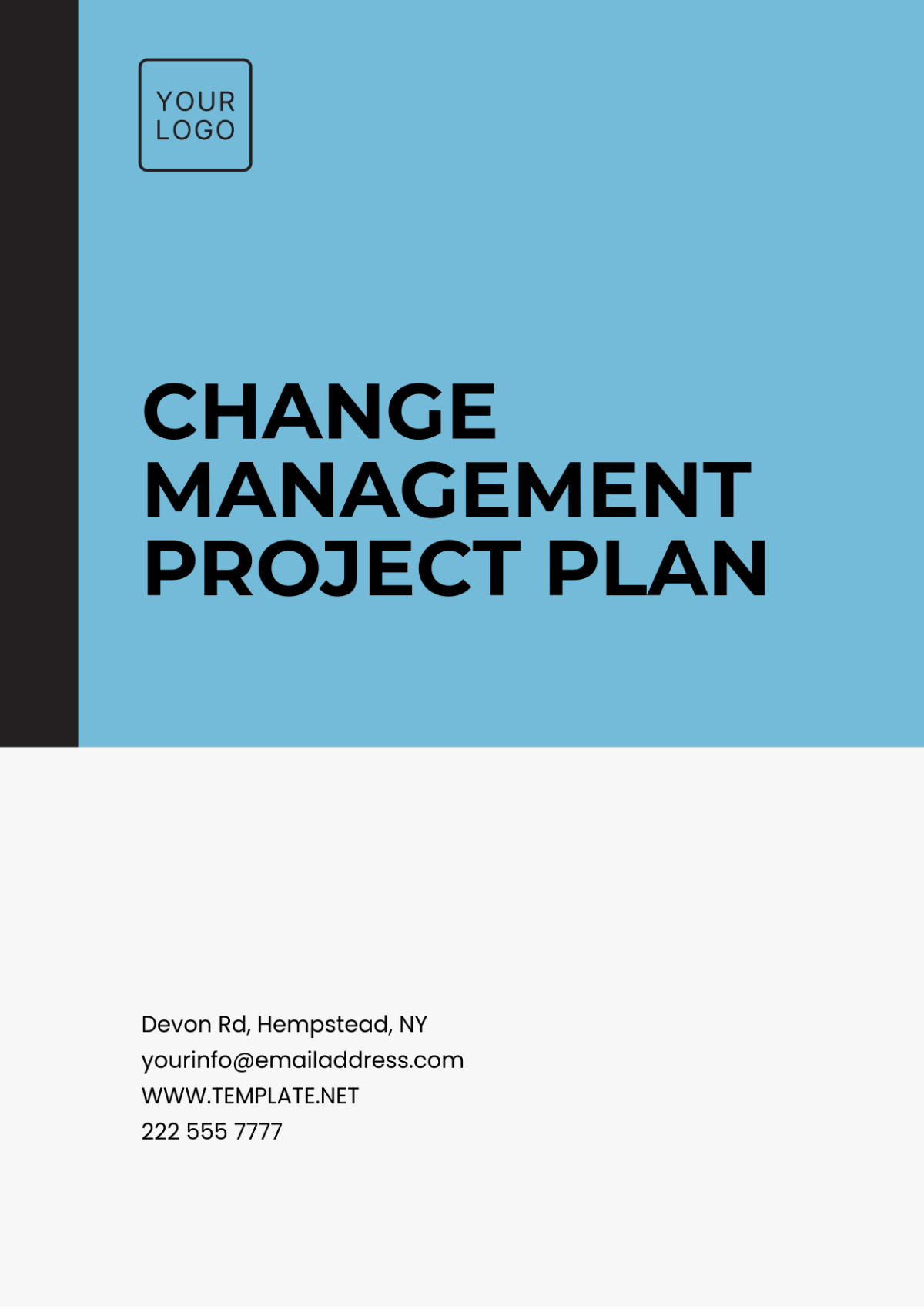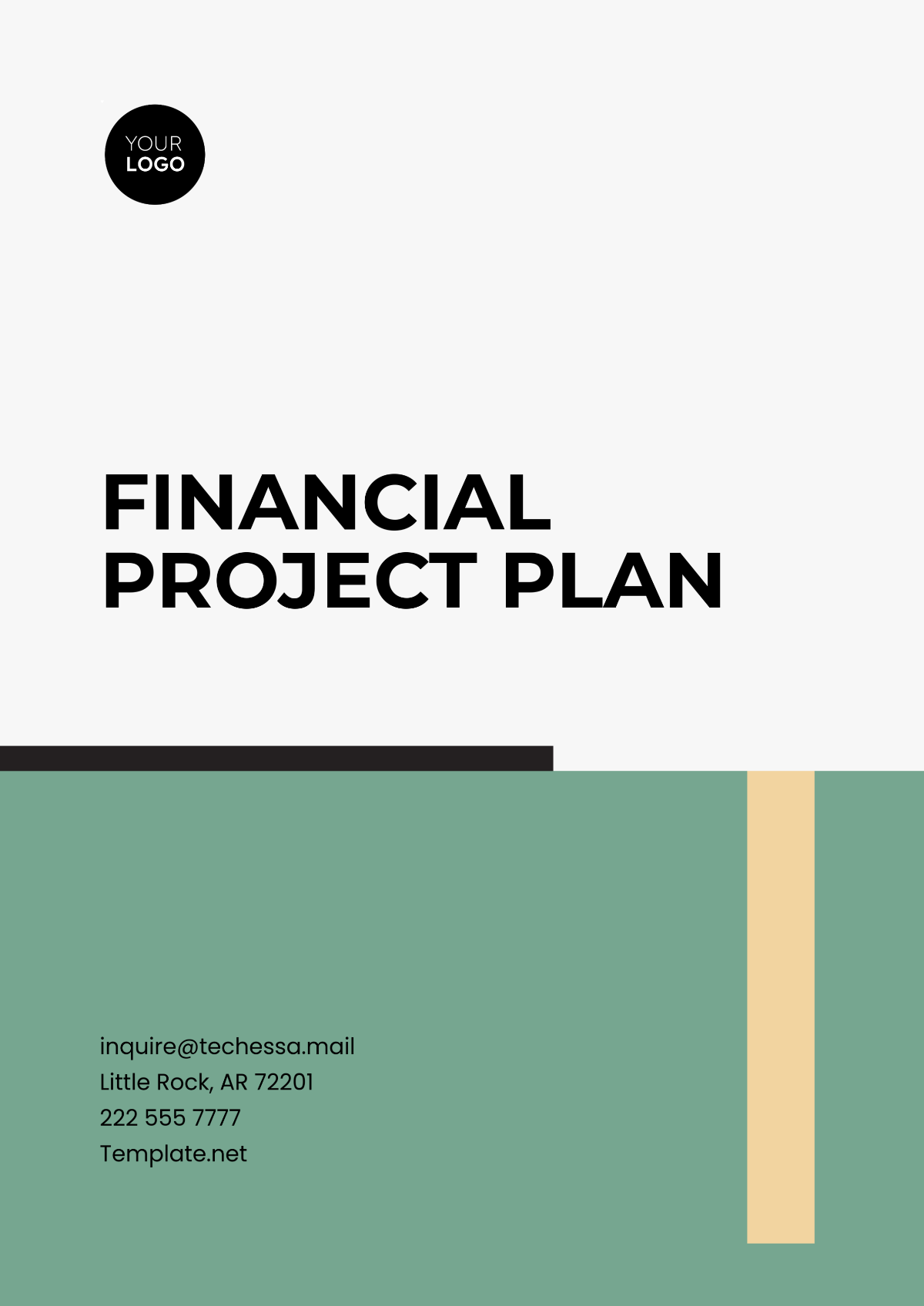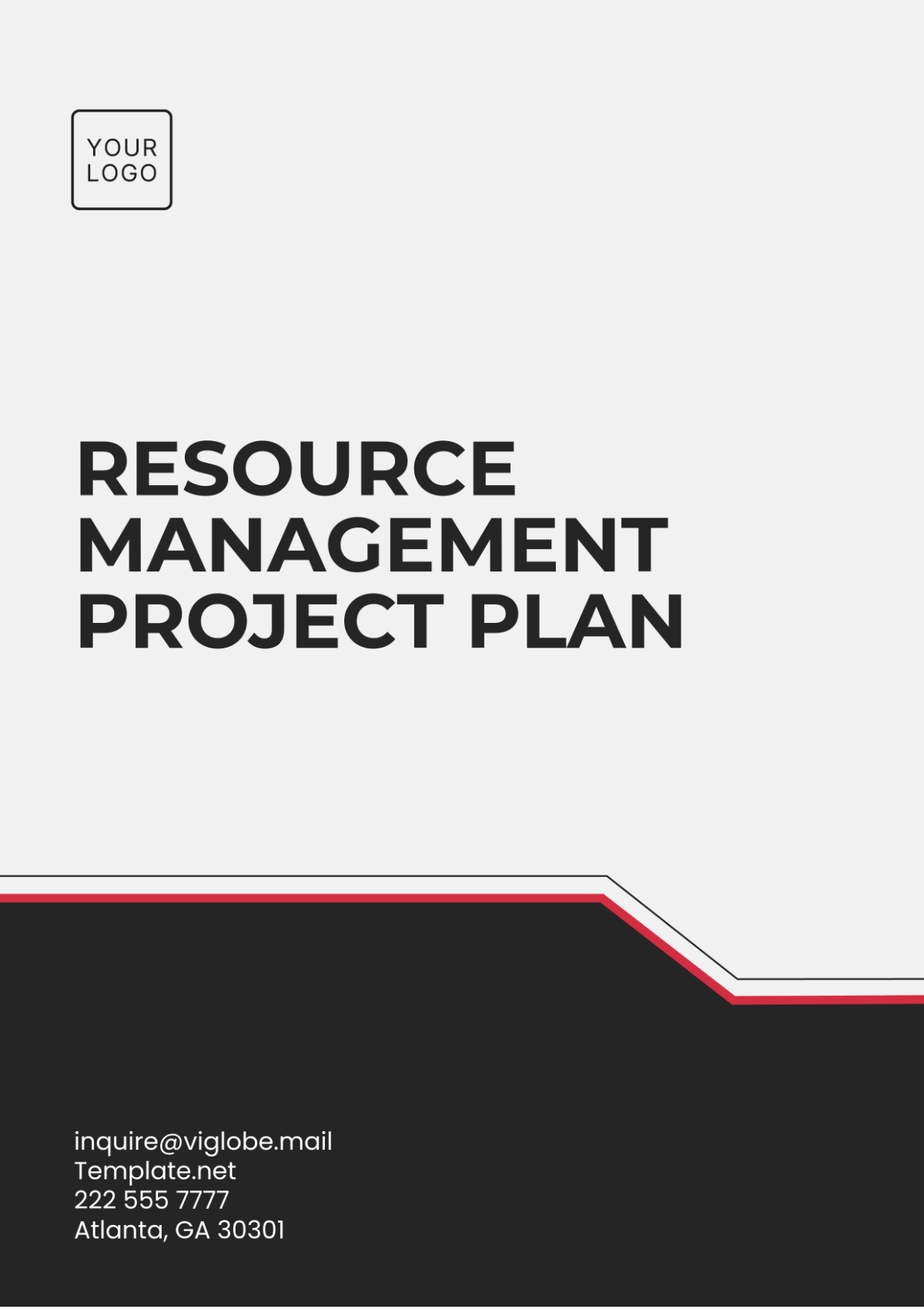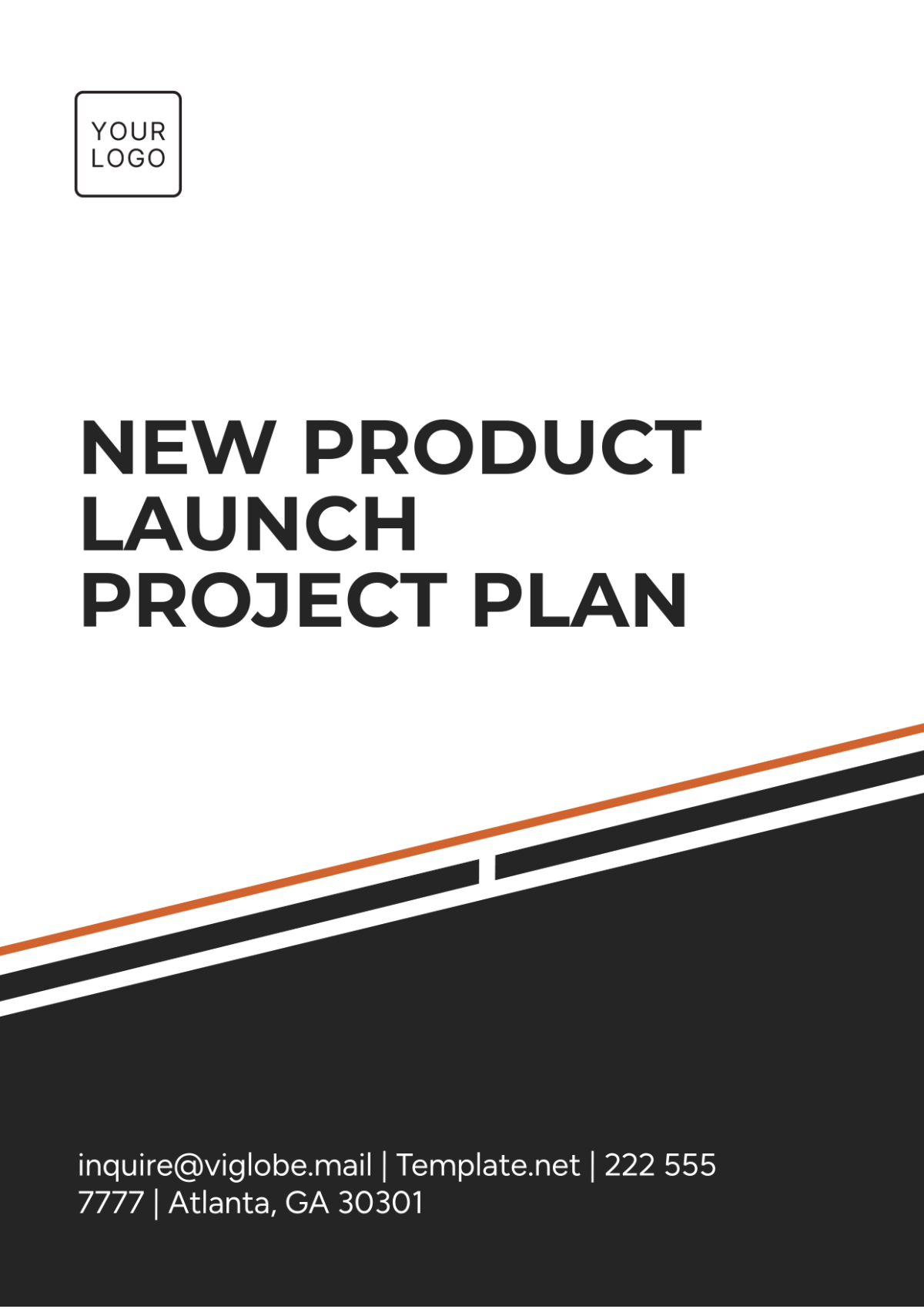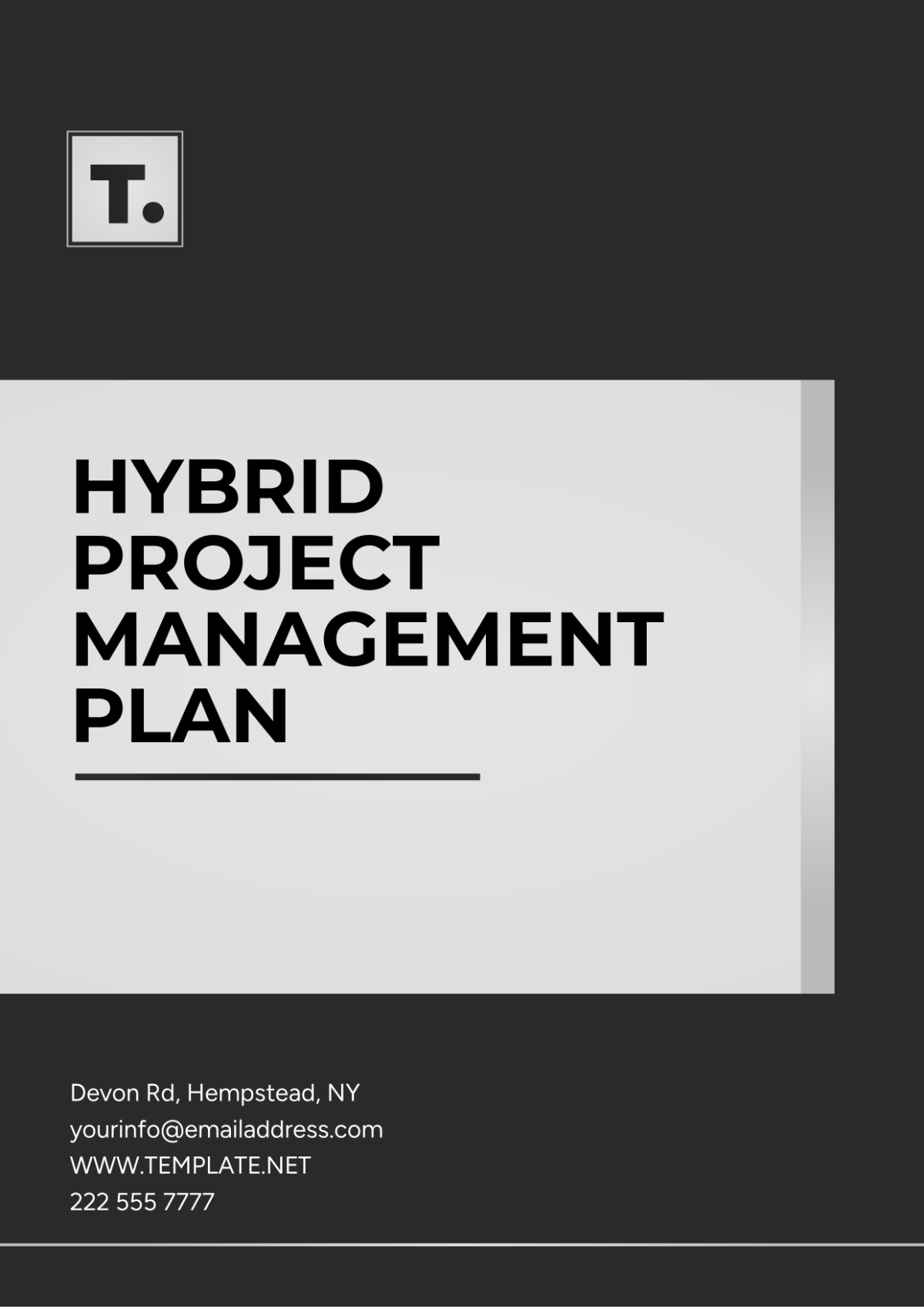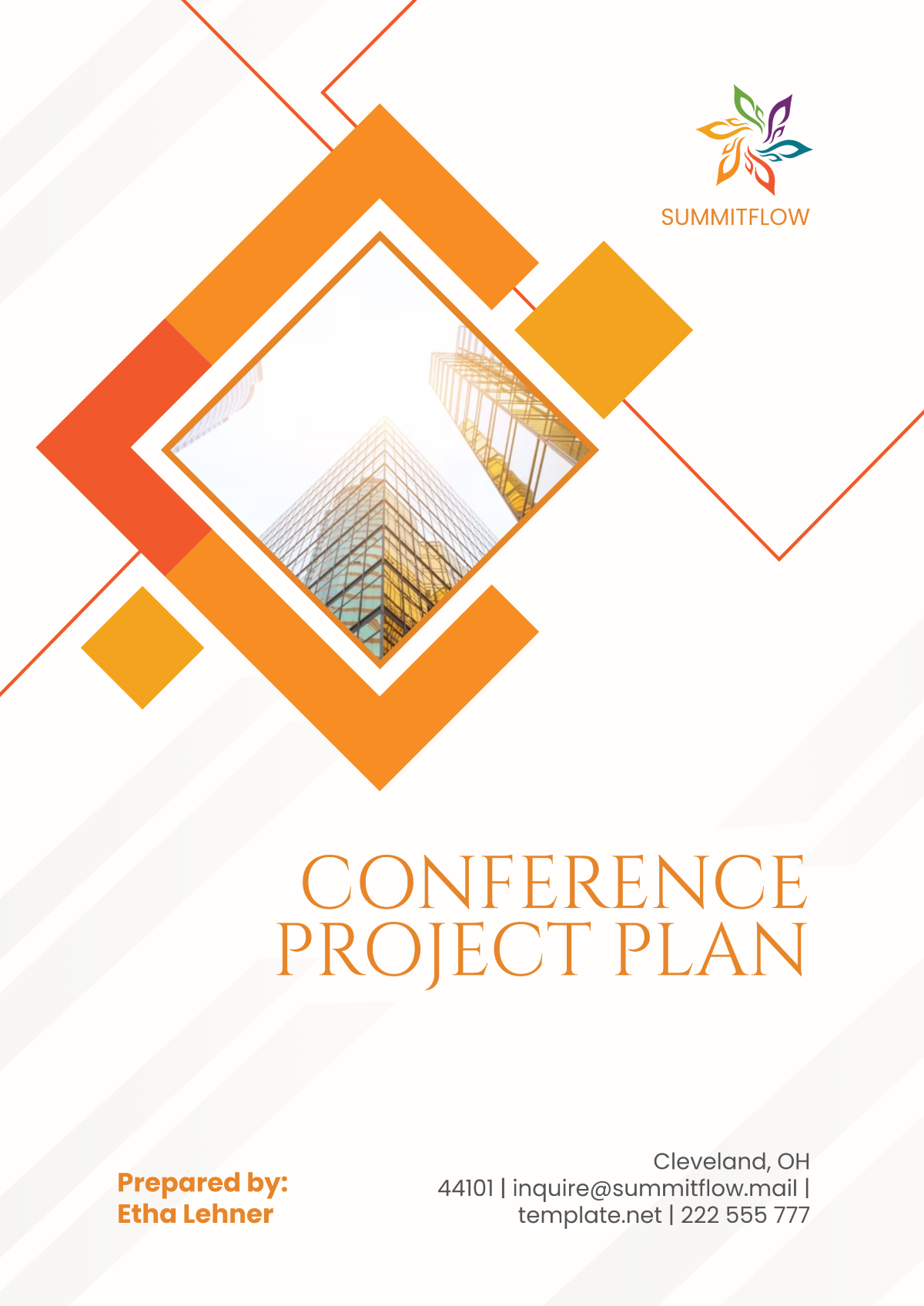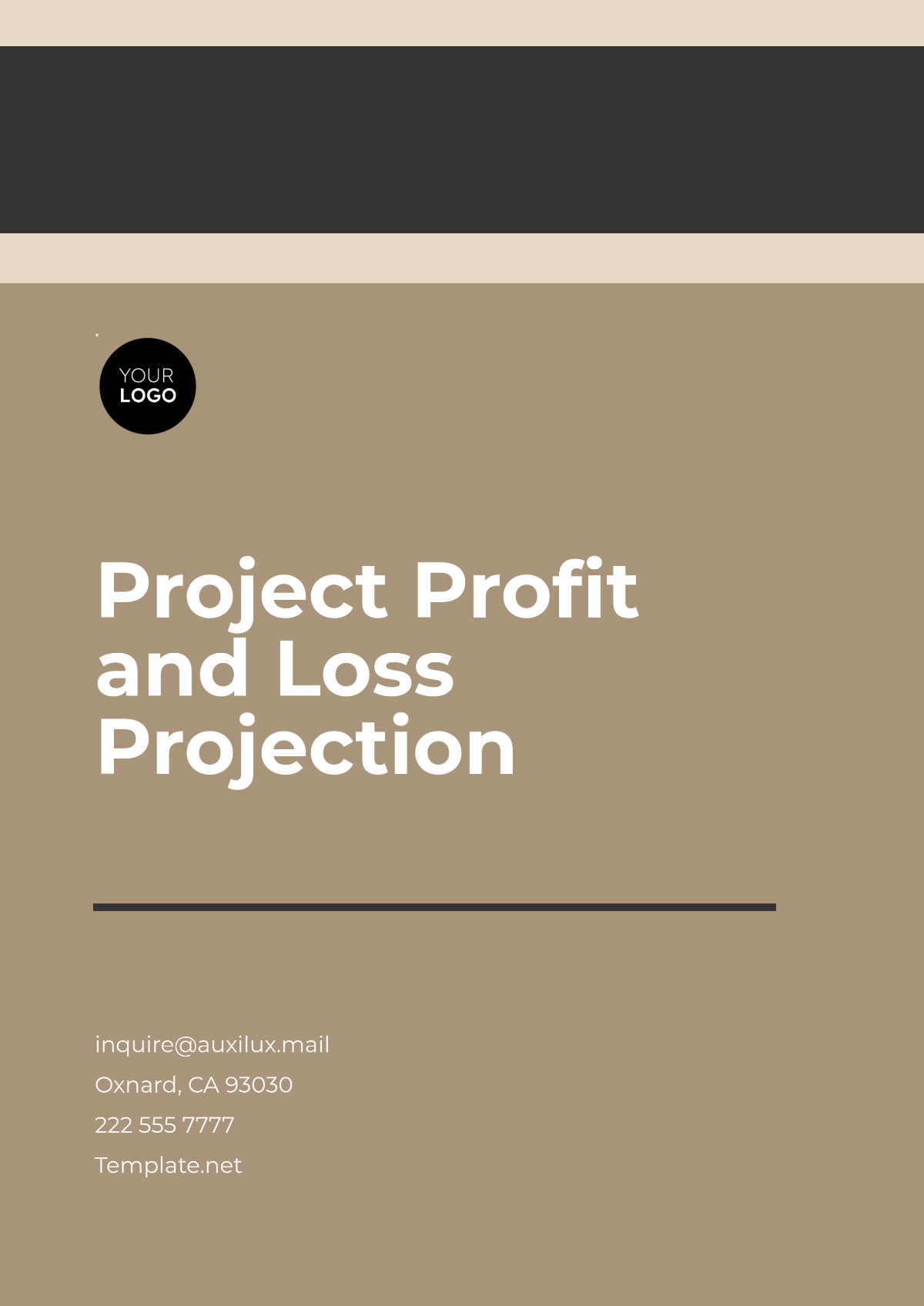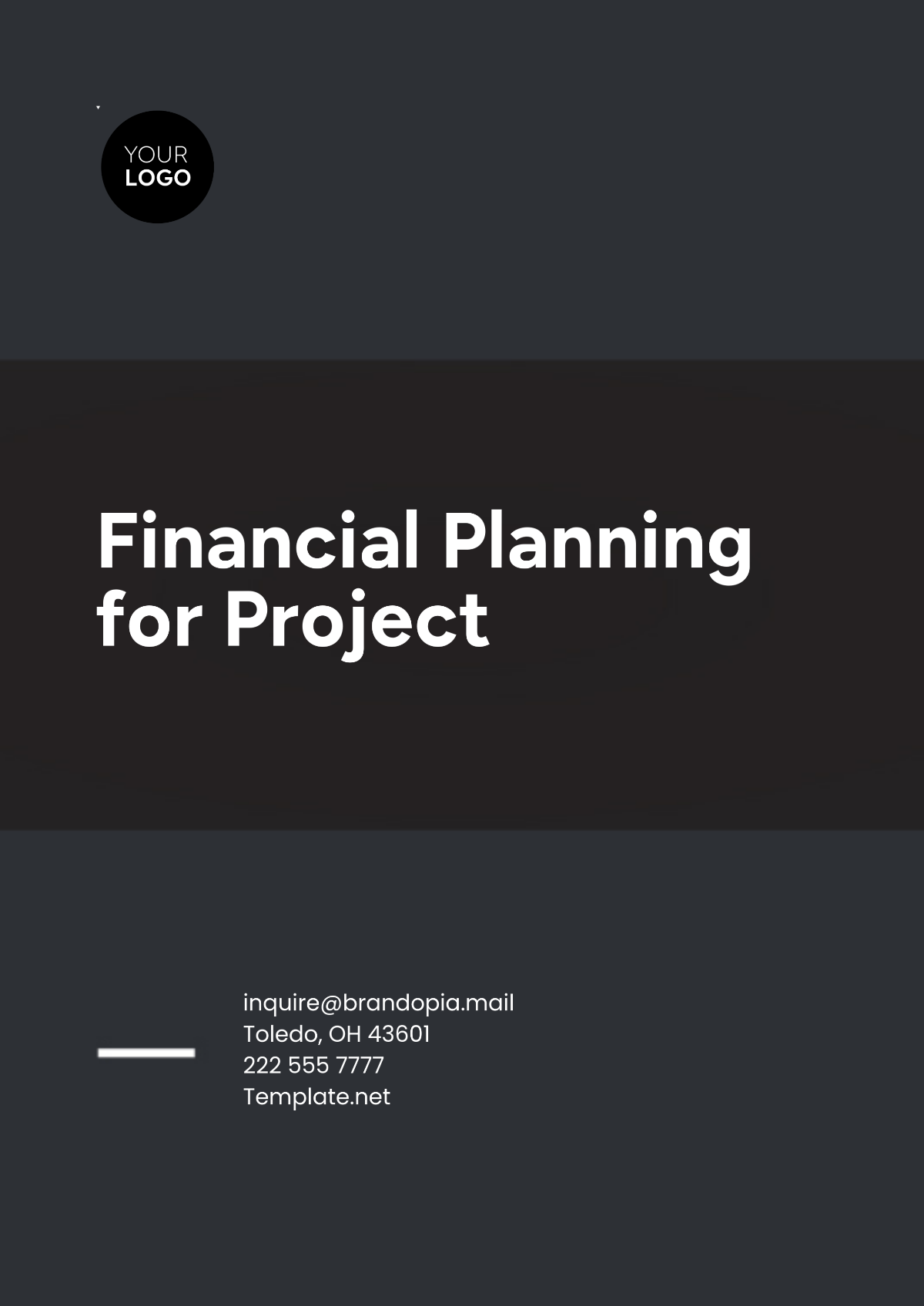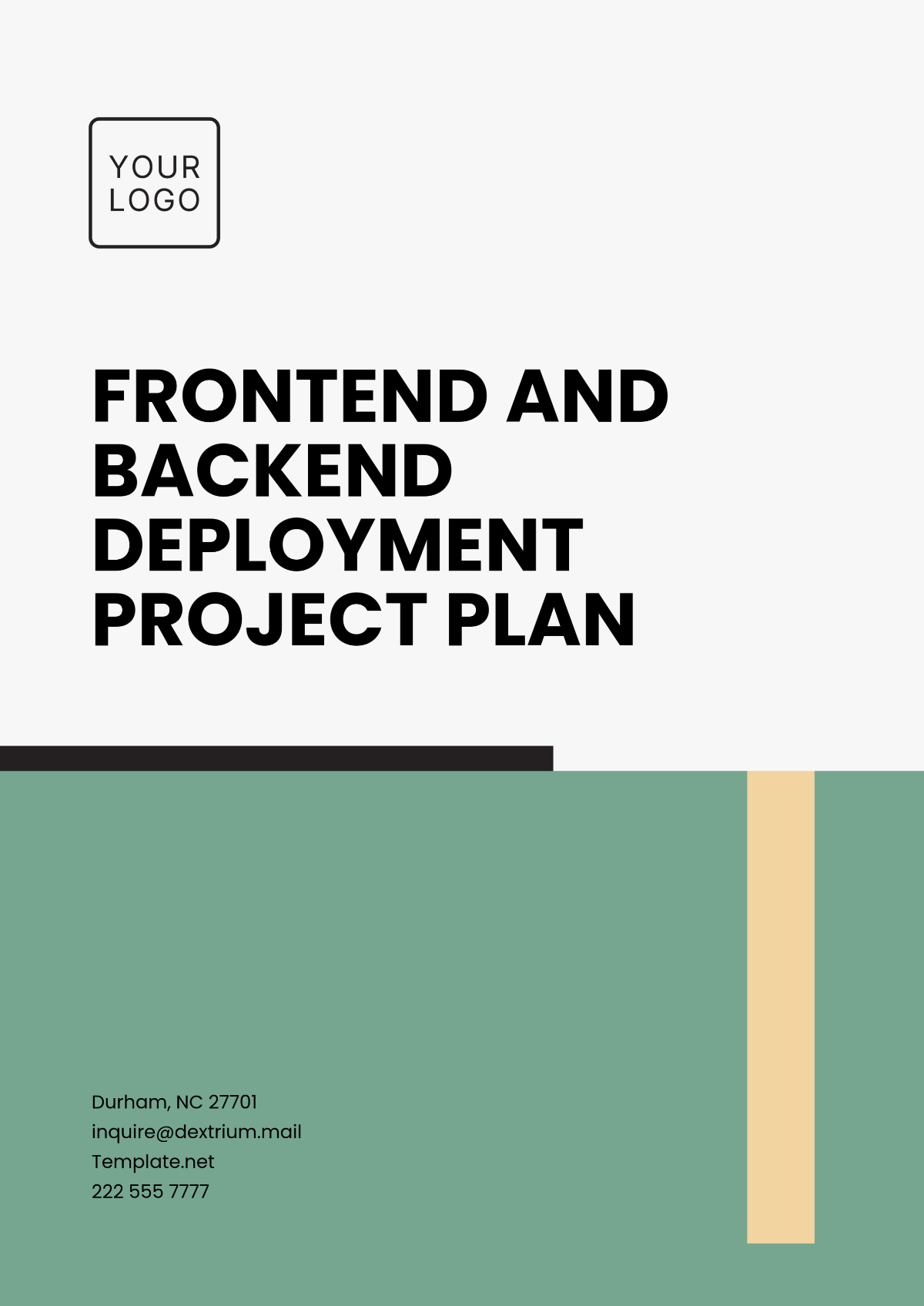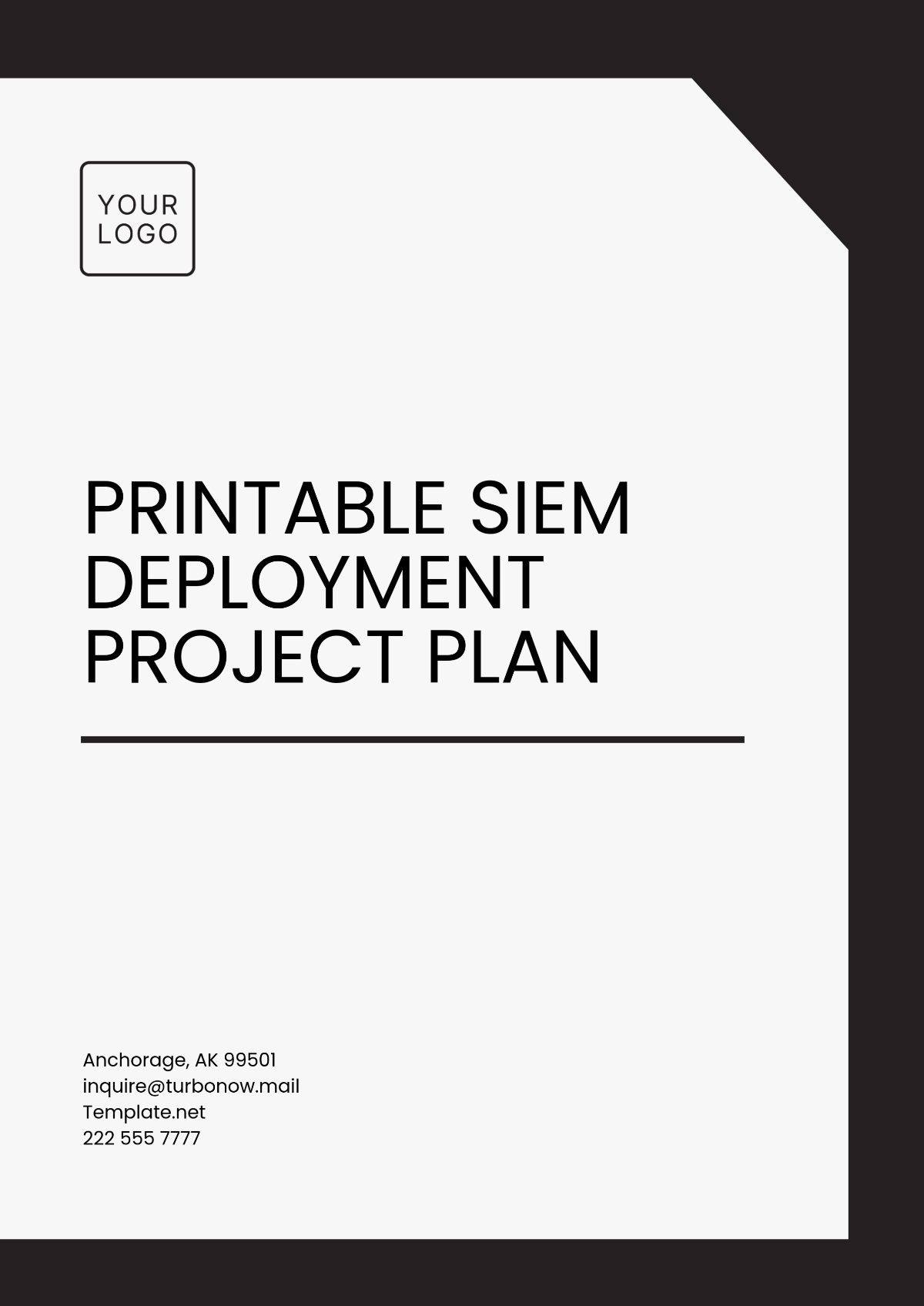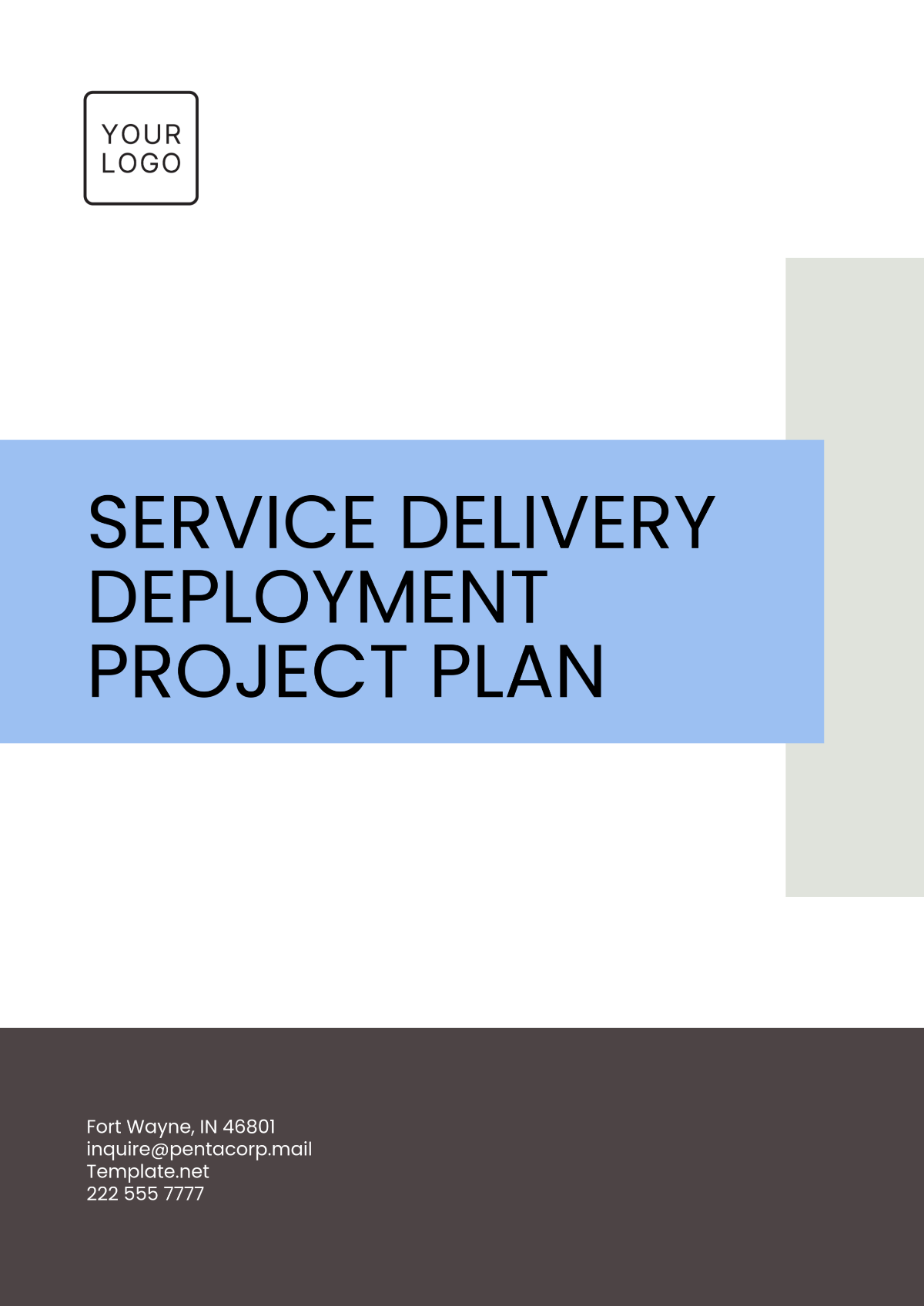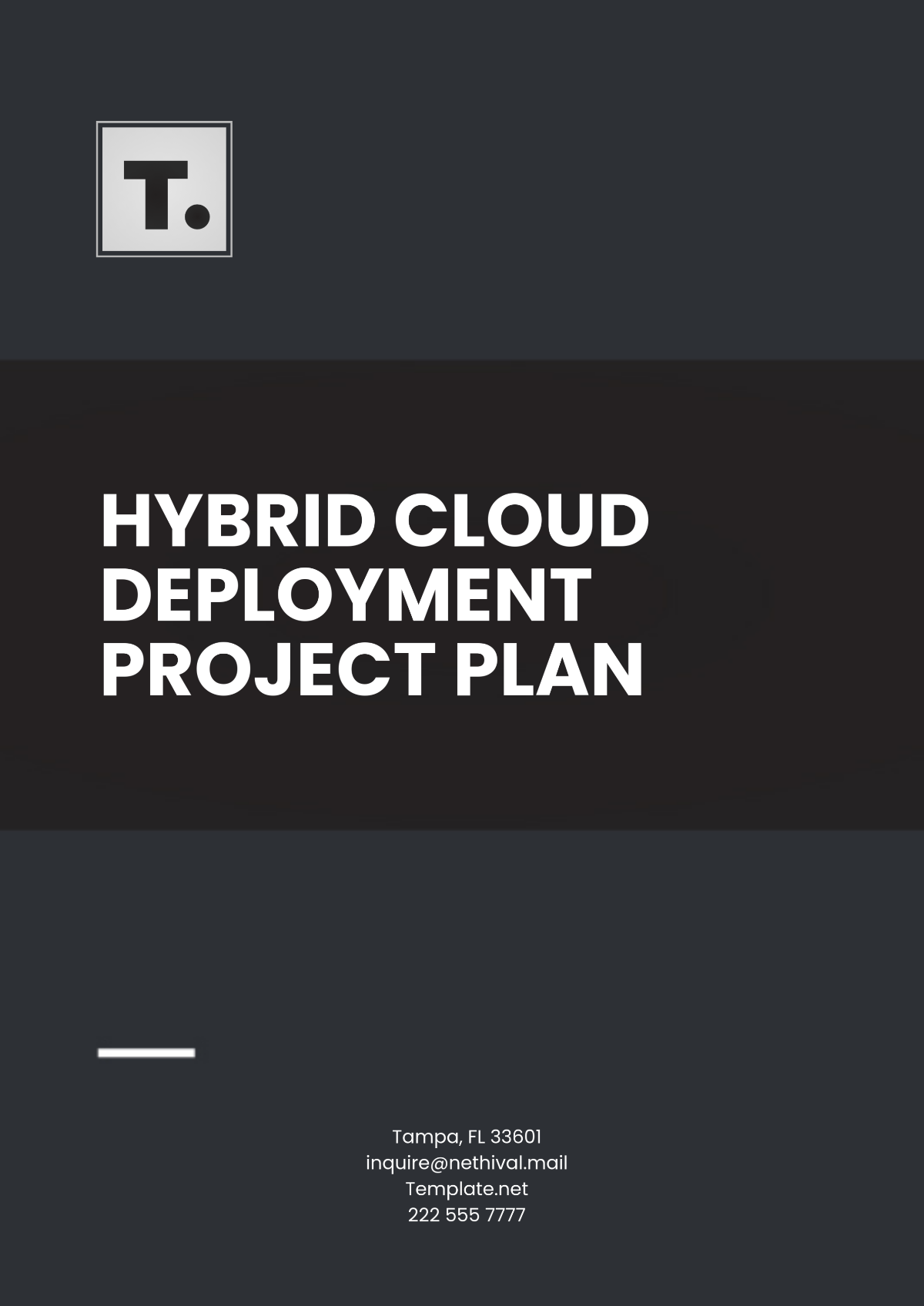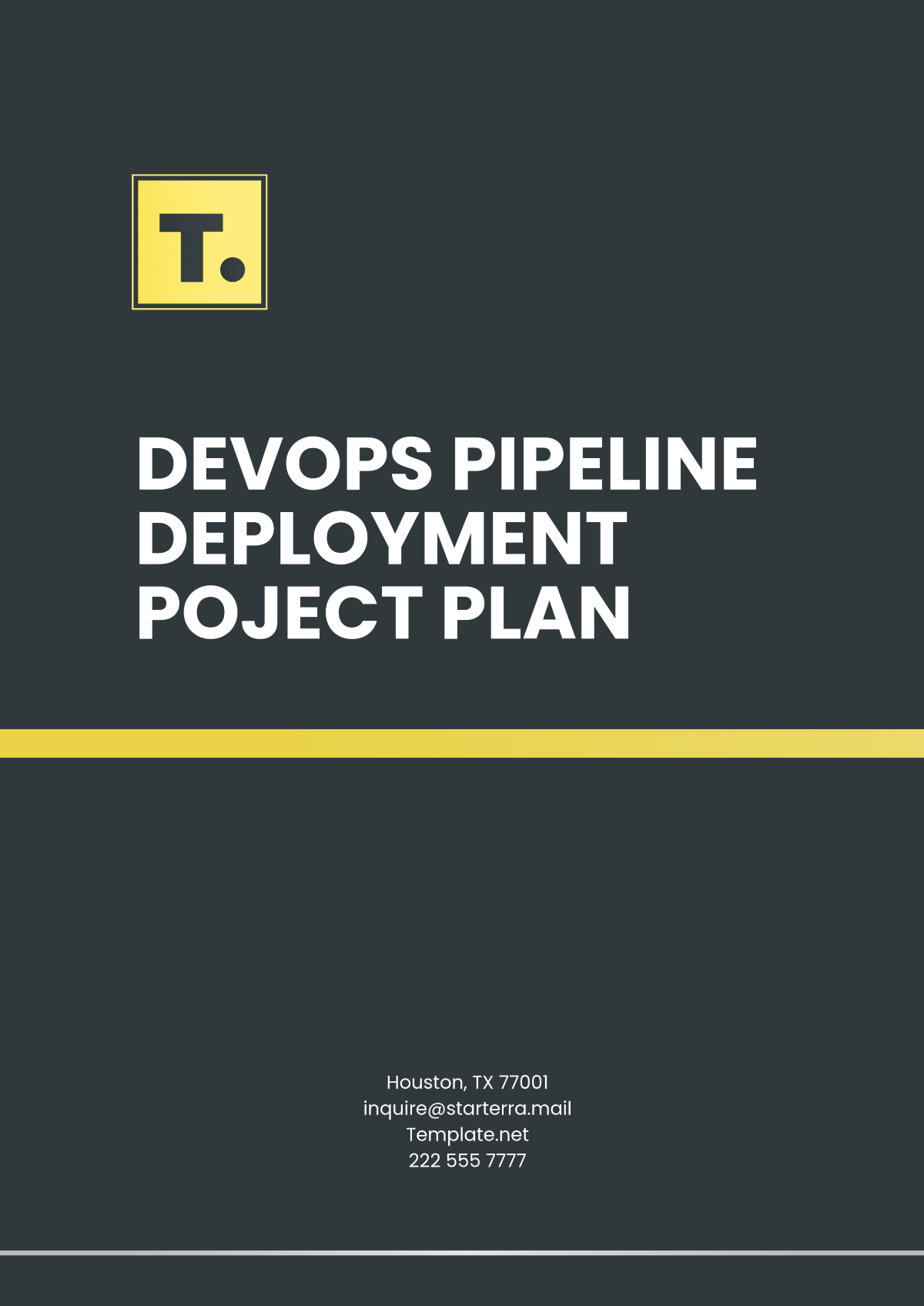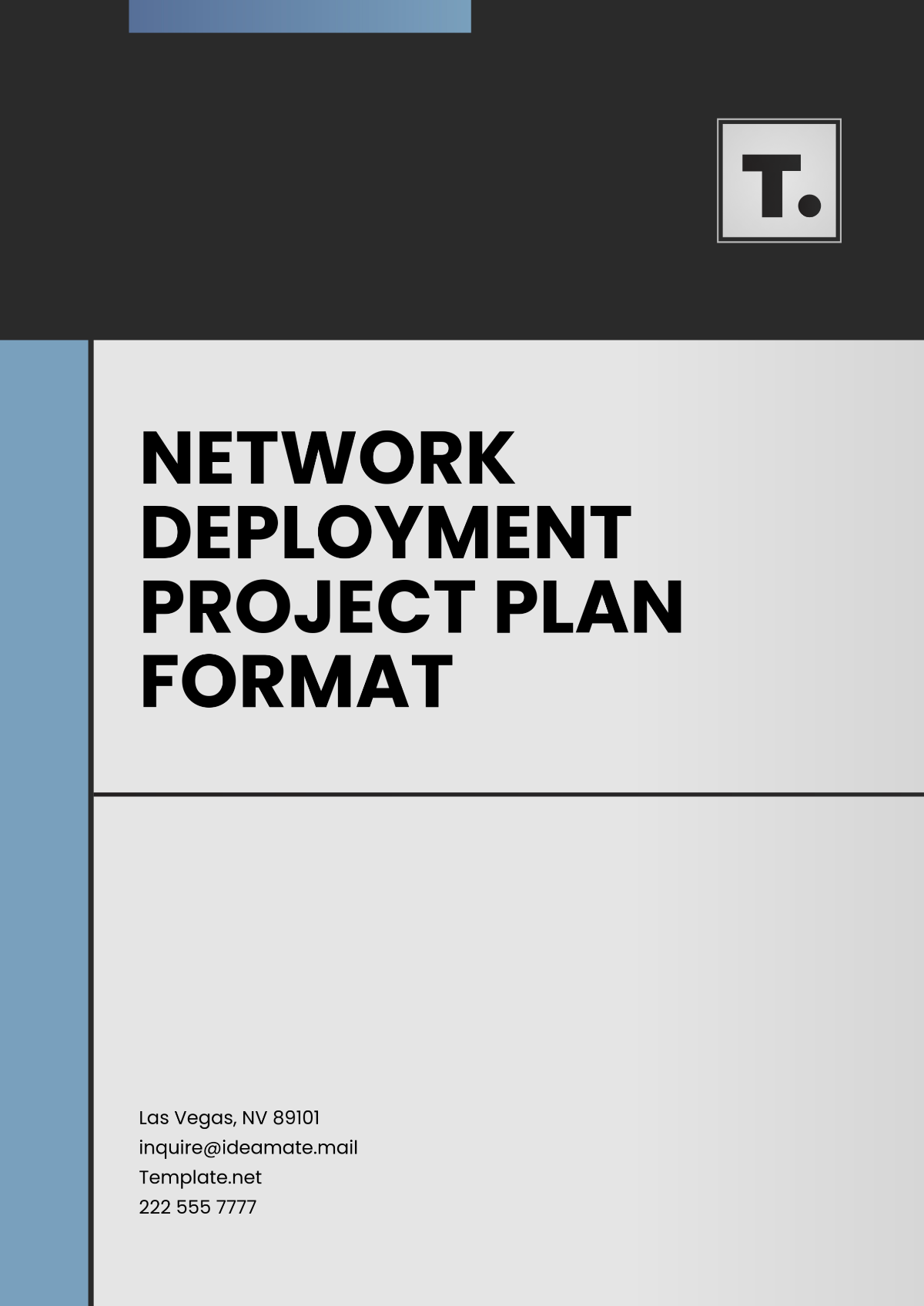Free Procurement Project Plan Specification Template
Procurement Project Plan Specification
Prepared by: [Your Name]
Date: [Date]
I. Introduction
This Procurement Project Plan Specification outlines the strategy, processes, and guidelines for procuring goods and services for the Solar Power Plant Installation. The plan aims to ensure efficient procurement activities that align with project timelines, budget, and quality standards. It establishes clear procedures for selecting suppliers, managing risks, and monitoring procurement performance throughout the project lifecycle.
II. Procurement Strategy
The procurement strategy details the approach that will be followed to acquire the required goods and services for the project.
A. Objectives
Ensure timely delivery of solar panels, inverters, and installation services.
Meet project requirements within the approved budget of $5,000,000.
Maintain high standards of quality and performance for all equipment and services.
B. Procurement Methods
Direct Procurement: When goods such as inverters, solar panels, and related components are directly purchased from established manufacturers.
Competitive Bidding: For installation services and other labor-intensive services, competitive bids will be solicited to ensure the best value for money.
Framework Agreements: For ongoing maintenance and service contracts, framework agreements may be established with preferred service providers.
III. Procurement Process
This section outlines the step-by-step process that will be followed in procuring goods and services for the project.
Step 1: Planning
Define project requirements including specific solar panel models, inverter capacities, and required certifications.
Develop procurement specifications and criteria such as quality standards, delivery schedules, and warranties.
Step 2: Supplier Identification and Selection
Identify potential suppliers or contractors specializing in renewable energy products and installation.
Prequalify suppliers based on capabilities, experience, and financial stability.
Step 3: Request for Proposal (RFP) / Request for Quotation (RFQ)
Issue RFPs/RFQs to selected suppliers for solar panels, inverters, and installation services.
Analyze responses and negotiate terms focusing on price, delivery schedules, and warranty options.
Step 4: Contract Award and Negotiation
Finalize the contract terms, including specific delivery dates and installation milestones.
Ensure alignment with project goals, timelines, and compliance standards.
Step 5: Delivery and Contract Management
Monitor deliveries, ensuring solar panels and equipment are delivered on time and meet quality standards.
Manage any changes or adjustments in the procurement terms, such as delivery delays or product substitutions.
IV. Budget and Cost Management
Effective budget management is critical for controlling procurement expenses and ensuring the project remains within financial limits.
A. Budget Allocation
Solar Panels: $2,000,000
Inverters: $1,500,000
Installation Services: $1,000,000
Contingency Fund: $500,000
Allocate additional funds for unforeseen costs related to shipping delays or equipment defects.
B. Cost Control Measures
Regularly track expenses against the planned budget using procurement tracking software.
Implement cost-reduction strategies such as bulk purchases for equipment or negotiated discounts with suppliers.
C. Reporting
Provide bi-weekly budget reports to stakeholders, including updates on procurement spending and cost forecasts.
V. Risk Management
Risk management aims to identify and mitigate procurement-related risks that may impact the project's success.
A. Risk Identification
Supply Chain Disruptions: Potential delays in obtaining critical equipment due to global supply chain issues.
Delays in Deliveries: Missed deadlines for material delivery affecting project timelines.
Price Volatility: Fluctuations in the cost of raw materials (e.g., silicon for solar panels).
Supplier Bankruptcy or Non-performance: Risk of a supplier failing to fulfill their contract.
B. Risk Mitigation Strategies
Develop alternative supplier options for critical materials and equipment.
Set up clear contractual penalties for delays or non-compliance, such as liquidated damages clauses.
Include insurance clauses for high-risk goods, such as transportation or handling of fragile equipment.
C. Risk Monitoring
Continuously assess risk levels by tracking supplier performance and external factors (e.g., geopolitical issues affecting supply chains).
Adjust procurement strategies as needed to minimize potential disruptions.
VI. Supplier Selection Criteria
Clear criteria are necessary to ensure the selection of reliable and capable suppliers or contractors.
A. Key Selection Factors
Quality of Goods/Services: Ensure suppliers meet required ISO certification and other quality standards for renewable energy products.
Cost Competitiveness: Choose suppliers who provide the best value within the project budget, considering not only price but also the total cost of ownership.
Delivery Timeframes: Suppliers must meet critical delivery deadlines, with penalties for late deliveries.
Reputation and Reliability: Assess the supplier’s reputation, including references from previous large-scale projects.
Compliance with Standards: Suppliers must comply with environmental, health, and safety regulations in the renewable energy sector.
B. Performance Monitoring
Ongoing monitoring of procurement activities is essential to ensure that goods and services are delivered on time, within budget, and according to agreed specifications.
C. Monitoring Activities
Supplier Performance: Regular assessments of supplier adherence to contractual terms, quality standards, and timelines.
Procurement Timeline: Ensure all procurement activities are completed according to the agreed timeline, from the ordering phase to delivery and installation.
Quality Control: Conduct inspections and audits of delivered solar panels, inverters, and services to ensure they meet project specifications.
D. Performance Reporting
Generate monthly performance reports that detail procurement status, issues encountered, corrective actions taken, and any delays or risks.
VII. Compliance and Legal Considerations
Compliance with relevant legal frameworks and contractual obligations is vital throughout the procurement process.
A. Legal Requirements
Ensure all procurement activities adhere to local regulations, including environmental and safety laws.
Adhere to international trade laws for importing solar panels and related materials from global suppliers.
B. Contractual Terms
Ensure all contracts are legally binding, with clear payment schedules, milestones, and deliverables.
Include clauses for dispute resolution, penalties for non-performance, and contract termination conditions.
C. Regulatory Compliance
Ensure suppliers comply with environmental, health, and safety standards as outlined by organizations like the International Renewable Energy Agency (IRENA).
Ensure that all procurement processes are auditable and transparent, meeting renewable energy industry-specific standards.

